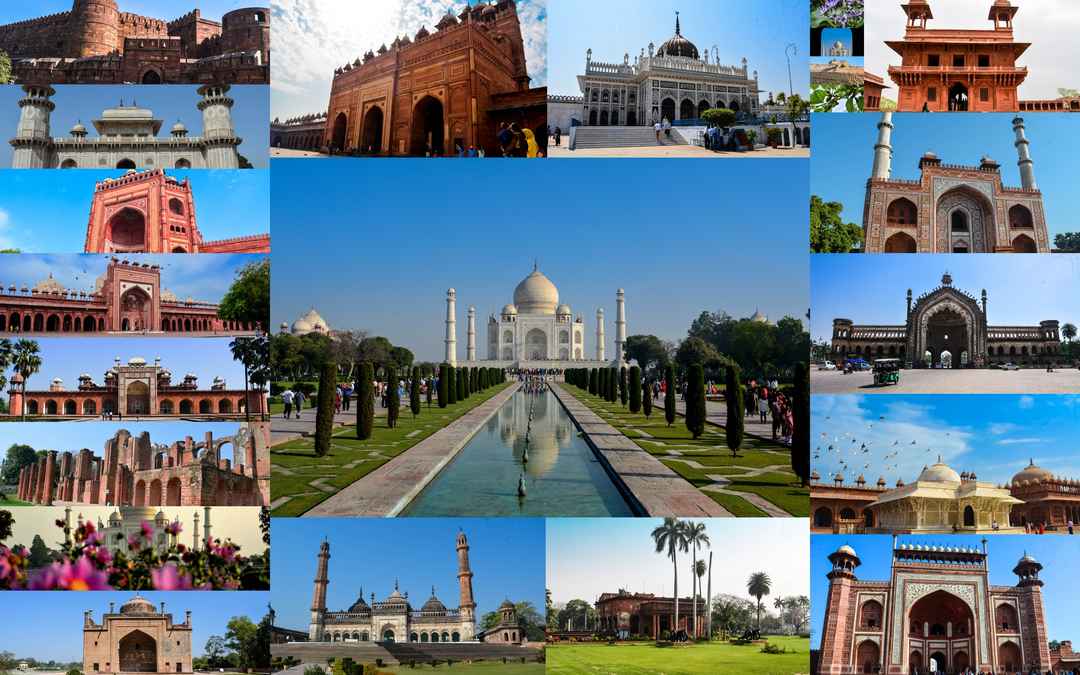USCIRF Report
Context:
Recently, the United States Commission on International Religious Freedom (USCIRF) issued a country update on India, highlighting a significant decline in religious freedom conditions and placed India under the category of ‘Country of Particular Concern’.

More on News:
- The report emphasised that throughout 2024, individuals from minority communities have been targeted, with some killed or lynched by vigilante groups, while religious leaders have faced arbitrary arrests, and places of worship have been demolished.
- The Indian government dismissed the report, calling it the work of a “biased organisation.”
About USCIRF:
- Definition: Established under the 1998 International Religious Freedom Act (IRFA), it is an independent, bipartisan U.S. federal government agency.Purpose: Monitors the universal right to freedom of religion or belief (FoRB) in countries outside the U.S.
- Annual Reporting: Publishes a yearly report identifying countries that meet the criteria for designation by the U.S. State Department as a “Country of Particular Concern” (CPC).
CPC and SWL
Countries of Particular Concern (CPC): Defined as those that commit “systematic, ongoing, and egregious violations of religious freedom.”
Special Watch List (SWL): Includes countries whose governments engage in or tolerate severe religious freedom violations but do not meet the CPC standard.
- Special Watch List: Compiles an additional list of countries that should be considered for the State Department’s ‘Special Watch List’ (SWL).
- Non-Binding Nature: It is up to the U.S. State Department to decide whether to accept them, often considering factors related to bilateral relations and broader foreign policy objectives.
- Impact on Relations: USCIRF’s reports can influence a country’s global image.
- Consequences for CPC Designation: If the U.S. The State Department adopts the USCIRF’s recommendations and designates a country as a CPC, it may employ various policy options under the IRFA, including sanctions, to address these violations.
Reasons for CPC Declaration of India by USCIRF
- Mob Violence and Lynching: Vigilante groups, often linked to cow protection, have lynched individuals from minority communities, particularly Muslims and Christians, without facing legal repercussions.
- Discriminatory Legislation: The Citizenship (Amendment) Act (CAA) of 2019 is criticised for being discriminatory against Muslims.
- Anti-conversion laws target religious conversions, and cow slaughter laws disproportionately affect Muslims and Dalits.
- Arbitrary Arrests: Religious leaders from minority communities face arbitrary arrests under anti-terrorism laws, aimed at silencing dissent.
- Destruction of Places of Worship: Demolitions of religious sites often occur under the guise of land-use violations, disproportionately impacting religious minorities.eg in Manipur Conflict Destruction of over 500 churches and two synagogues.
- Lack of Accountability: Perpetrators of violence against religious minorities often escape accountability, fostering a culture of impunity.
- Strict Monitoring of NGO and Media: The Indian government has implemented strict monitoring of NGOs and media under the Foreign Contribution Regulation Act (FCRA) e.g. suspended the FCRA licence of the Centre for Policy Research, and conducted raids on journalists from NewsClick and human rights activists.
Indian Government’s Response
- The Indian government rejected the USCIRF’s findings, calling the organisation biassed and politically motivated.
- The Ministry of External Affairs (MEA) emphasised that the report misrepresented facts and portrayed a one-sided narrative.
- The government has repeatedly dismissed USCIRF reports as interference in India’s internal affairs.
Reasons for India’s Stance:
- Perceived Bias and Political Agenda: The Indian government claims that the USCIRF disproportionately targets India.
- Sovereignty and Non-Interference: India’s Ministry of External Affairs rejected the USCIRF report as interference in its internal affairs.
- Misrepresentation of Facts: The government argues that incidents of mob lynching are isolated and not reflective of systemic persecution..
- Legal Framework for Religious Freedom: India cites its Constitution’s Article 25, which guarantees religious freedom, to argue that it is a secular state..
- National Security Concerns: The Indian government justifies anti-conversion and anti-terrorism laws as essential for maintaining national security.
Subscribe to our Youtube Channel for more Valuable Content – TheStudyias
Download the App to Subscribe to our Courses – Thestudyias
The Source’s Authority and Ownership of the Article is Claimed By THE STUDY IAS BY MANIKANT SINGH






